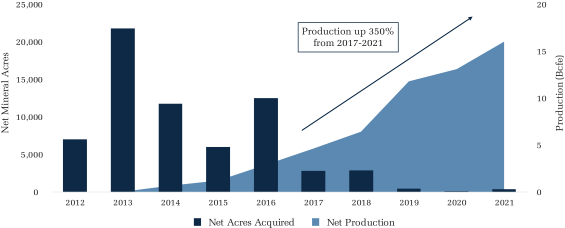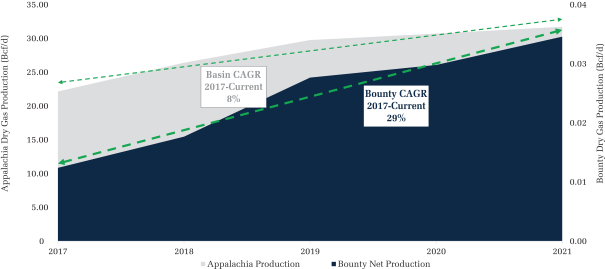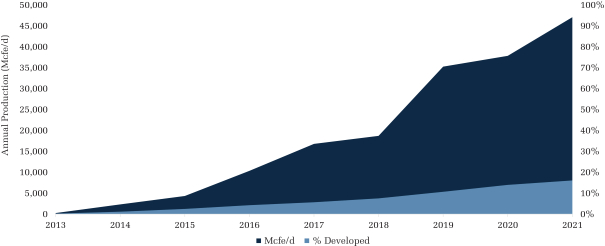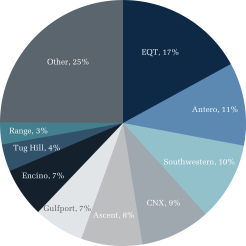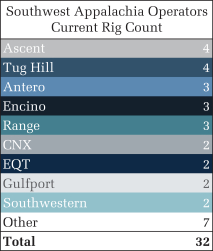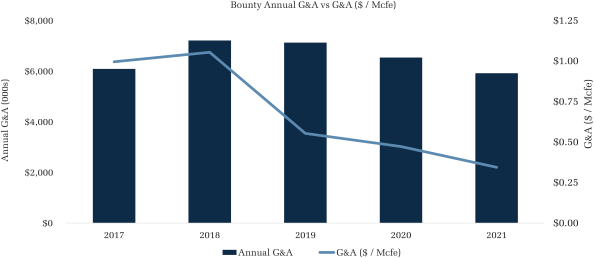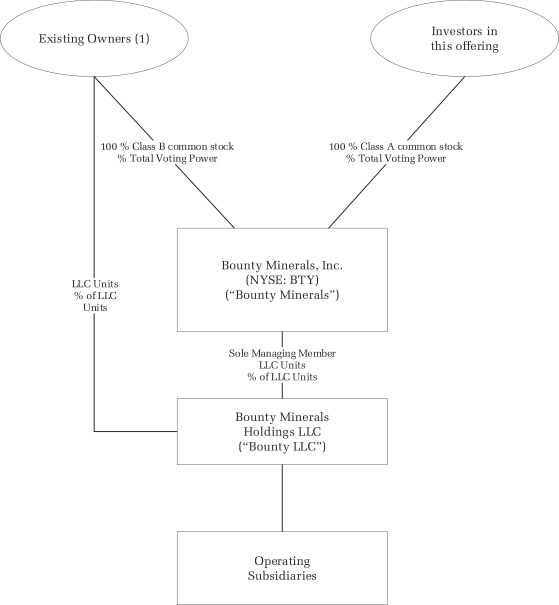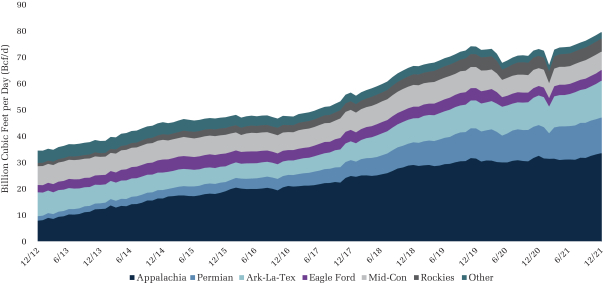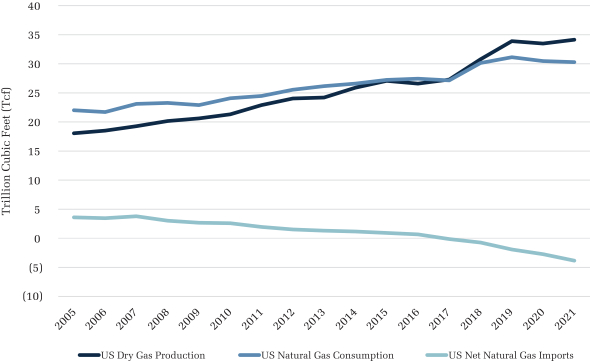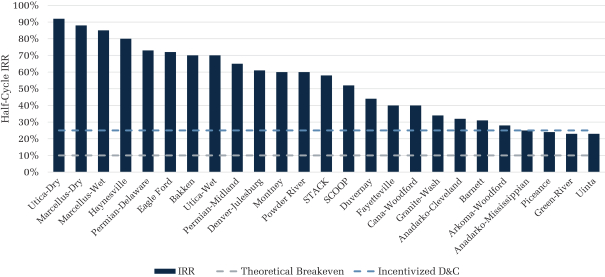review we may not physically inspect every well or pipeline. If we are not able to adequately replace or grow our natural gas, NGLs and oil reserves, our business, financial condition and results of operations would be adversely affected.
Acreage must be drilled before lease expiration, generally within one to five years, in order to hold the acreage by production. Our operators’ failure to drill sufficient wells to hold acreage may result in the deferral of prospective drilling opportunities.
Leases on natural gas and oil properties typically have a term of one to five years, after which they expire unless, prior to expiration, production is established within the spacing units covering the undeveloped acres. In addition, even if production or drilling is established during such primary term, if production or drilling ceases on the leased property, the lease typically terminates, subject to certain exceptions.
Any reduction in our operators’ drilling programs, either through a reduction in capital expenditures or the unavailability of drilling rigs, could result in the expiration of existing leases. If the lease governing any of our mineral interests expires or terminates, all mineral rights revert back to us and we will have to seek new lessees to explore and develop such mineral interests and we may be unable to do so on as favorable terms or in a timely manner, which could materially and adversely affect the growth of our financial condition, results of operations and cash flows.
Operating hazards and uninsured risks may result in substantial losses to our operators, and any losses could adversely affect our results of operations and cash flows.
The operations of our operators will be subject to all of the hazards and operating risks associated with drilling for and production of natural gas, NGLs and oil, including the risk of fire, explosions, blowouts, surface cratering, uncontrollable flows of natural gas, NGLs and oil, and formation water, pipe or pipeline failures, abnormally pressured formations, casing collapses and environmental hazards such as NGLs and oil spills, natural gas leaks and ruptures or discharges of toxic gases. In addition, their operations will be subject to risks associated with hydraulic fracturing, including any mishandling, surface spillage or potential underground migration of fracturing fluids, including chemical additives. The occurrence of any of these events could result in substantial losses to our operators due to injury or loss of life, severe damage to or destruction of property, natural resources and equipment, pollution or other environmental damage, clean-up responsibilities, regulatory investigations and penalties, suspension of operations and repairs required to resume operations.
We and our operators are subject to cybersecurity attacks. A cyber incident could occur and result in information theft, data corruption, operational disruption and/or financial loss.
The oil and gas industry has become increasingly dependent on digital technologies to conduct certain processing activities. At the same time, cyber incidents, including deliberate attacks or unintentional events, have increased. The United States government has issued public warnings that indicate that energy assets might be specific targets of cybersecurity threats. For example, on April 29, 2021, Colonial Pipeline Co. suffered a cyber incident that resulted in fuel shortages across the east coast of the United States. We regularly enter into transactions directly with individual mineral and royalty interest owners, who may have less sophisticated electronic systems or networks and may be more vulnerable to cyber-attacks. Our technologies, systems and networks, and those of our operators, may become the target of cyber attacks or information security breaches that could result in the unauthorized release, gathering, monitoring, misuse, loss or destruction of proprietary and other information, or other disruption of business operations. In addition, certain cyber incidents, such as surveillance, may remain undetected for an extended period. Our systems for protecting against cybersecurity risks may not be sufficient. In addition,
39

